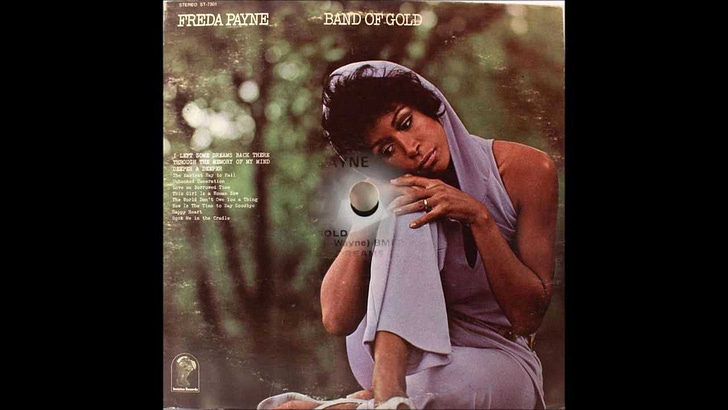Originally, I planned to title this series Song of the Day. When I realized how overwhelming that would be, I switched to Song of the Week. Had I kept that approach, we would have landed at Songs Twice A Week, which would have been charmingly clumsy.
Then, thanks in large part to Freda Payne, I stumbled onto Slayed by Voices. Because that’s really what …
Keep reading with a 7-day free trial
Subscribe to Slayed by Voices, by Jon Weisman to keep reading this post and get 7 days of free access to the full post archives.




